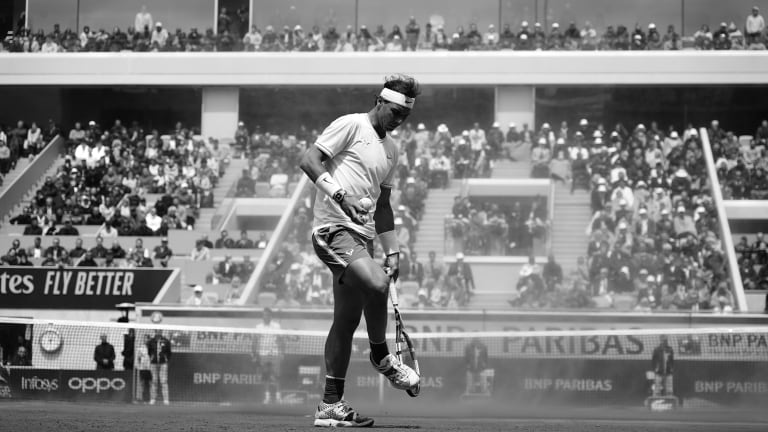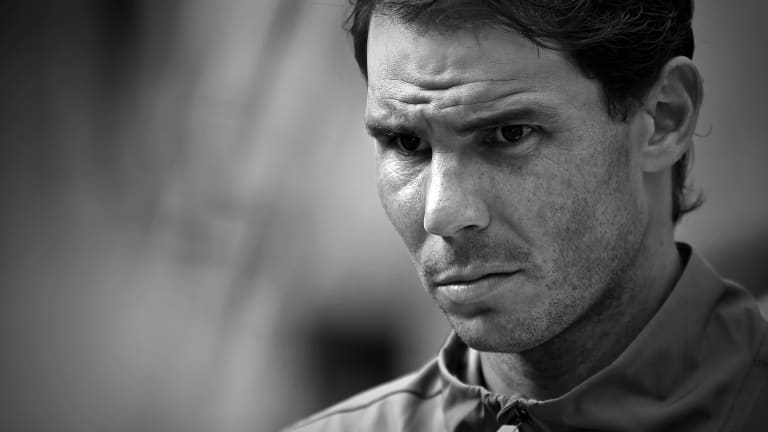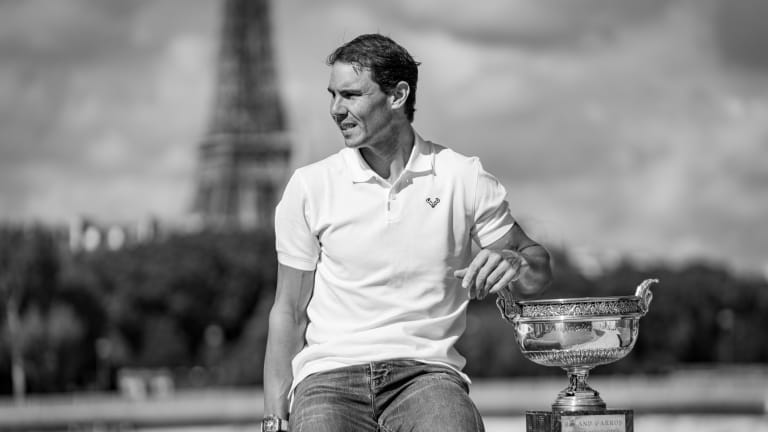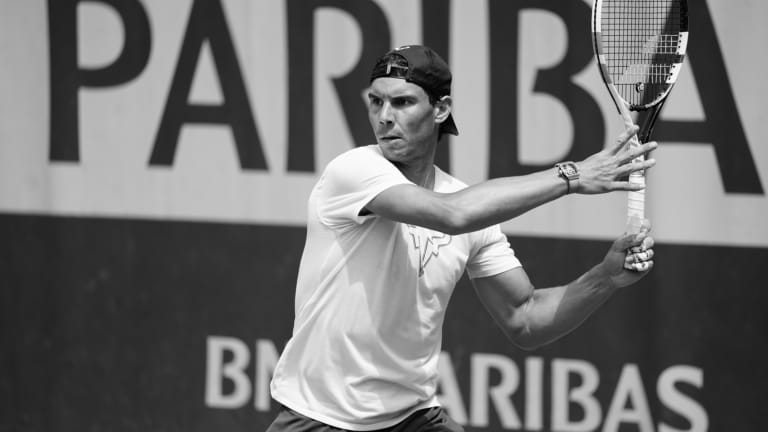For a few years there will be a lot of, like, ‘Wow, so this is what Roland Garros is going to be like in the post-Rafael Nadal era.’ Tennis Channel analyst Pam Shriver, trying to imagine what the French Open might look and feel like should 14-time champion Nadal no longer be able to compete.
It isn’t vultures that have been circling high above the head of Nadal, the 36-year old King of Clay. It’s the surgeons and sports medicine specialists, whose physical manipulations and advice in the coming days may determine if we are at the end of an era in which one man has dominated one of the world’s premier sporting events more comprehensively than anyone, in any other major sport.
Nadal has played in 18 consecutive editions of Roland Garros. But in the latest episode of the Spanish star’s serial, late-career injury struggles, a damaged hip that just won’t heal right may prevent him from adding to his startling 112-3 French Open match record. There are players on the ATP and WTA tours who weren’t even born when Nadal first played—and won—in Paris.
Roland Garros without Nadal would be like the Rolling Stones without Mick Jagger. Like a burger without ketchup, or San Francisco without the Golden Gate Bridge. It’s a difficult thing to wrap your mind around. Jimmy Arias, Tennis Channel analyst and Director of Tennis at the IMG Academy, tried to soften the potential blow by reminding me, “Maybe Nadal will never be there again, but that will still leave us [Novak] Djokovic to watch. We’ll see if any of these younger guys can supplant him.”



